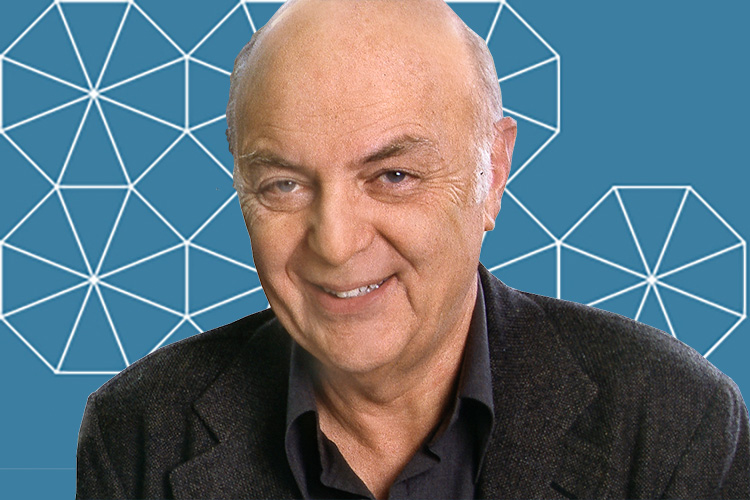Physicist Marvin Cohen, a University Professor and a senior faculty scientist at Lawrence Berkeley National Laboratory, is the newly announced recipient of the 2017 Benjamin Franklin Medal in Physics.
The Franklin Institute Awards have recognized preeminent accomplishments in science and technology since the institute was founded in Philadelphia by Benjamin Franklin in 1824.
Cohen, who is a professor of the graduate school, was honored “for making possible atomic-scale calculations of the properties of materials so detailed that new materials and their mechanical, thermal, electrical and optical properties can be predicted in agreement with experiments.”
He was among eight recipients of the medal, given in the fields of physics, chemistry, computer and cognitive science, electrical engineering, life science, materials science and engineering and general achievement in science.
“The Franklin Institute Awards Program celebrates some of the greatest minds and most influential pioneers of our time, and they are recognized right here in the birthplace of science and innovation for accomplishments that will transform our world,” said Larry Dubinski, president and CEO of the Franklin Institute. “They are the true Franklins of today, who will undoubtedly inspire the Franklins of tomorrow.”
An awards ceremony and dinner will take place on May 4, 2017, culminating a weeklong series of events and programs designed to shine a spotlight on advancements in science and technology. The medalists will participate in an array of lectures and symposia, including educational programs for area high school students and public demonstrations.
Cohen currently works in the area of nanoscience and nanotechnology, researching structures such as nanotubes, graphene, nanocrystals or quantum dots, clusters, onions, cones, horns and nanowires. He continues to work on superconductors, semiconductors and the prediction of new materials.
For his work, Cohen has received the National Medal of Science, the Oliver E. Buckley Prize for Solid State Physics and the Julius Edgar Lilienfeld Prize from the American Physical Society, the Foresight Institute Richard P. Feynman Prize in Nanotechnology and the Technology Pioneer Award from the World Economic Forum. He is a fellow of the American Physical Society and the American Association for the Advancement of Science, and a member of the National Academy of Sciences, the American Academy of Arts and Sciences and the American Philosophical Society.
